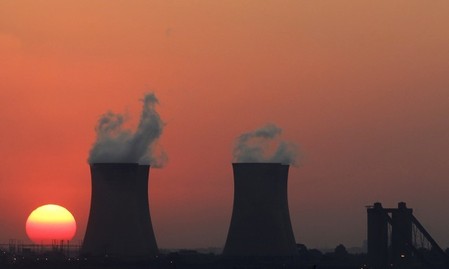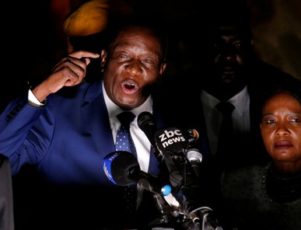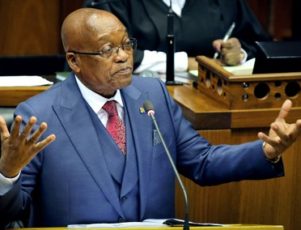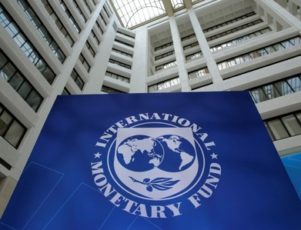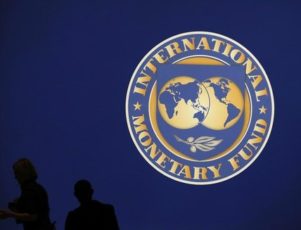By Olivia Kumwenda-Mtambo
JOHANNESBURG (Reuters) – South African President Jacob Zuma called for concrete measures to boost growth after S&P Global Ratings downgraded the local currency debt to sub-investment grade, while foreign currency debt was pushed deeper into “junk” territory.
The rand recovered on Monday from steep falls suffered late on Friday after the downgrade, taking some relief from Moody’s decision to only place South Africa on review for downgrade.
A cut to “junk” on the local currency debt by both S&P and Moody’s could have seen South African debt lose its place in Citi’s World Government Bond Index (WGBI), the biggest of the global benchmarks and tracked by about $2-3 trillion of funds.
Zuma directed Finance Minister Malusi Gigaba on Monday to finalise proposals for expenditure cuts amounting to 25 billion rand ($2 billion) and revenue boosting measures totalling 15 billion rand – including through taxes.
A proposal by a presidential commission to introduce free higher education should also be implemented in a “fiscally-sustainable manner”, the statement from Zuma’s office said.
Gigaba in October unveiled a gloomy outlook for the economy as he flagged weaker growth expectations, wider budget deficit estimates and rising government debt.
Both S&P and Moody’s cited deterioration in South Africa’s economic growth prospects and public finances.
As of 1527 GMT, the rand was trading at 13.7625 per dollar, 2.86 percent firmer than its New York close on Friday, when it had tumbled 2 percent following S&P’s announcement.
“The market is finding some relief in the fact that Moody’s has chosen to give us basically till February before they change our rating, if they do change our rating,” said Shaun Murison, currency strategist at IG Markets.
In fixed income, the yield for the benchmark government bond was down 9 basis points to 9.245 percent, also recovering after rising as much as 11 basis points earlier in the session.
Moody’s said the review will allow it to assess the South African authorities’ willingness and ability to respond to the rising pressures through growth-supportive fiscal adjustments that raise revenues and contain expenditures.
“The review period may not conclude until the size and the composition of the 2018 budget is known next February,” Moody’s senior analyst for South Africa, Zuzana Brixiova, said in a statement.
Moody’s rates South Africa’s foreign and local currency debt on their lowest investment grade rung of Baa3.
VOLATILITY
S&P’s decision will see South Africa excluded from the Barclays Global Aggregate index, whose inclusion criteria requires investment grade rating on its local currency debt from any two ratings agencies.
Fitch already rates South African debt as “junk”, and affirmed the rating on Thursday.
If nothing changes, the country will be downgraded to “junk” by all ratings agencies and the WGBI dream will be no more, at least for many a year, said Standard Bank chief trader Warrick Butler in a note.
“What this means, in terms of the currency, will be increased volatility.”
Falling out of the WGBI could have led to a larger sell-off in bonds, even though rising yields could present a buying opportunity for some yield-hungry investors.
“If you look at some of the metrics the real yields are among the highest in EM, the domestic curve is extremely steep, the current account is in better place than it was three to four years ago and the rand is quite competitive against likes of (Russia’s) rouble or Brazilian real,” said London-based Paul Greer, senior trader at Fidelity International.
“On the local side the real yield and steepness of curve look attractive from tactical perspective.”
Analysts said an exclusion from the Barclays index would lead to outflows of about $2 billion, compared with more than $10 billion if South Africa was to fall out of Citi’s WGBI.
South African debt was dropped from one the widely used global bond indexes, the JPMorgan Emerging Market Bond Index Global in April after S&P and Fitch downgraded foreign currency debt to sub-investment grade.
On the stock market, the Top-40 index was 0.35 percent lower at 53,810 while the broader all-share was down 0.28 percent at 60,157.
($1 = 13.7678 rand)
(Additional reporting by Sujata Rao in London; Editing by James Macharia/Mark Heinrich)
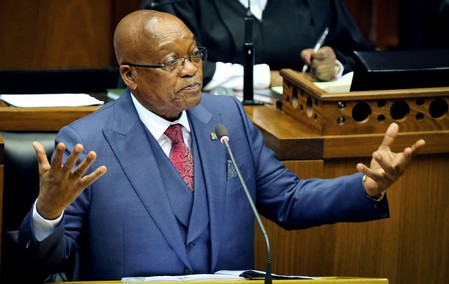
Read more


